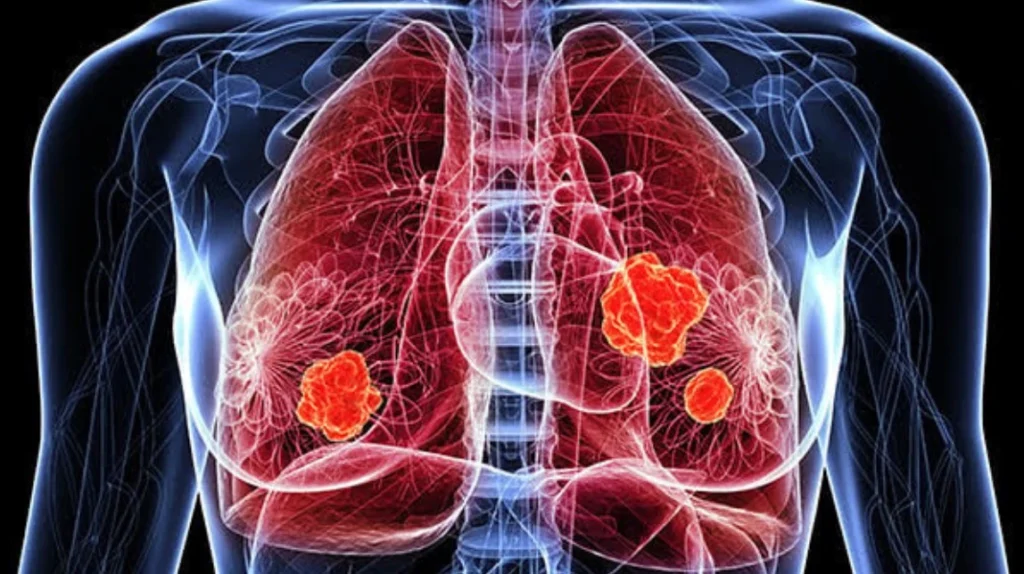
The association between lung cancer and processed food is important to understand in this era, when there has been a hint indicating that diet might also affect the chances of getting cancer at the lung level. This is what you should know in case you or someone in your family consumes processed meats or junk food on a regular basis.
1. What is “Processed Food Lung Cancer” Risk?
Processed food lung cancer risk refers to the potential link between consuming processed foods—like cured meats, packaged snacks, fast foods—and the development of lung cancer. While smoking remains the leading cause, scientists are now exploring dietary influence too.
2. Evidence & Studies on Processed Food Lung Cancer
-
Several studies show increased lung cancer incidence among regular processed food consumers, even among non-smokers.
-
Processed cold cuts and bacon contain nitrates and nitrites that may promote cancer-causing compounds in lung tissue.
-
World Health Organization classifies processed meats as Group 1 carcinogens; lung exposure may be indirect, but associations exist.
3. Key Processed Foods to Watch
-
Bacon, sausage, hot dogs, deli meats
-
Packaged snack cakes, instant noodles, chips
-
Sugary soft drinks, processed cheese products
Consuming these regularly may contribute to processed food lung cancer risk via inflammation, oxidative stress, or indirect immune suppression.
4. Symptoms & Lung Health Monitoring
-
Early signs of lung cancer: persistent cough, chest pain, shortness of breath, unexplained weight loss
-
Combine awareness of symptoms with a review of processed food habits—if symptoms coincide with high processed food intake, mention processed food lung cancer as a potential risk in discussions with your doctor.
5. How to Reduce Processed Food Lung Cancer Risk
-
Replace processed meats with grilled lean meats or plant-based proteins
-
Eat whole foods: fruits, vegetables, whole grains
-
Limit fast food, sugary beverages, and packaged snacks
-
Drink plenty of water and exercise regularly
These lifestyle changes support lung health and reduce overall cancer risk.
Processed food lung cancer may not be widely discussed, but growing evidence suggests your diet plays more of a role in lung health than you’d think. While smoking remains the top cause, cutting down processed foods can reduce inflammation, boost immunity, and help lower lung cancer risk. Adjust your meals, monitor symptoms, and choose whole, balanced food to support respiratory health.
Top 5 FAQ About Processed foods and Lung Cancer.
Processed meats and high-sodium packaged snacks may indirectly increase lung cancer risk due to inflammation and chemical exposure.
Some studies show slightly higher lung cancer rates—even in non-smokers—among individuals with high processed food consumption.
Smoking remains far more dangerous, but processed foods may contribute additional risk, especially in long-term diets.
There is no exact threshold, but frequent consumption (daily or several times a week) likely increases potential risk.
Improving diet with whole foods supports lung health and reduces inflammation, though it cannot fully negate past exposure.